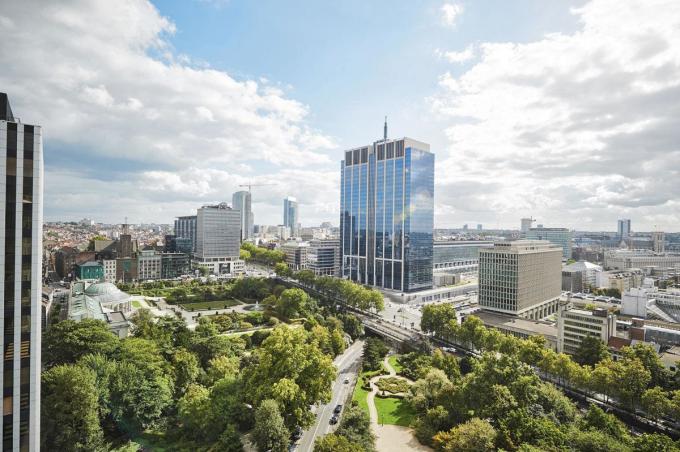The rush of Koreans investors

Source: Newsgate
4 min. de lecture
Vous avez repéré une erreur ou disposez de plus d’infos? Signalez-le ici